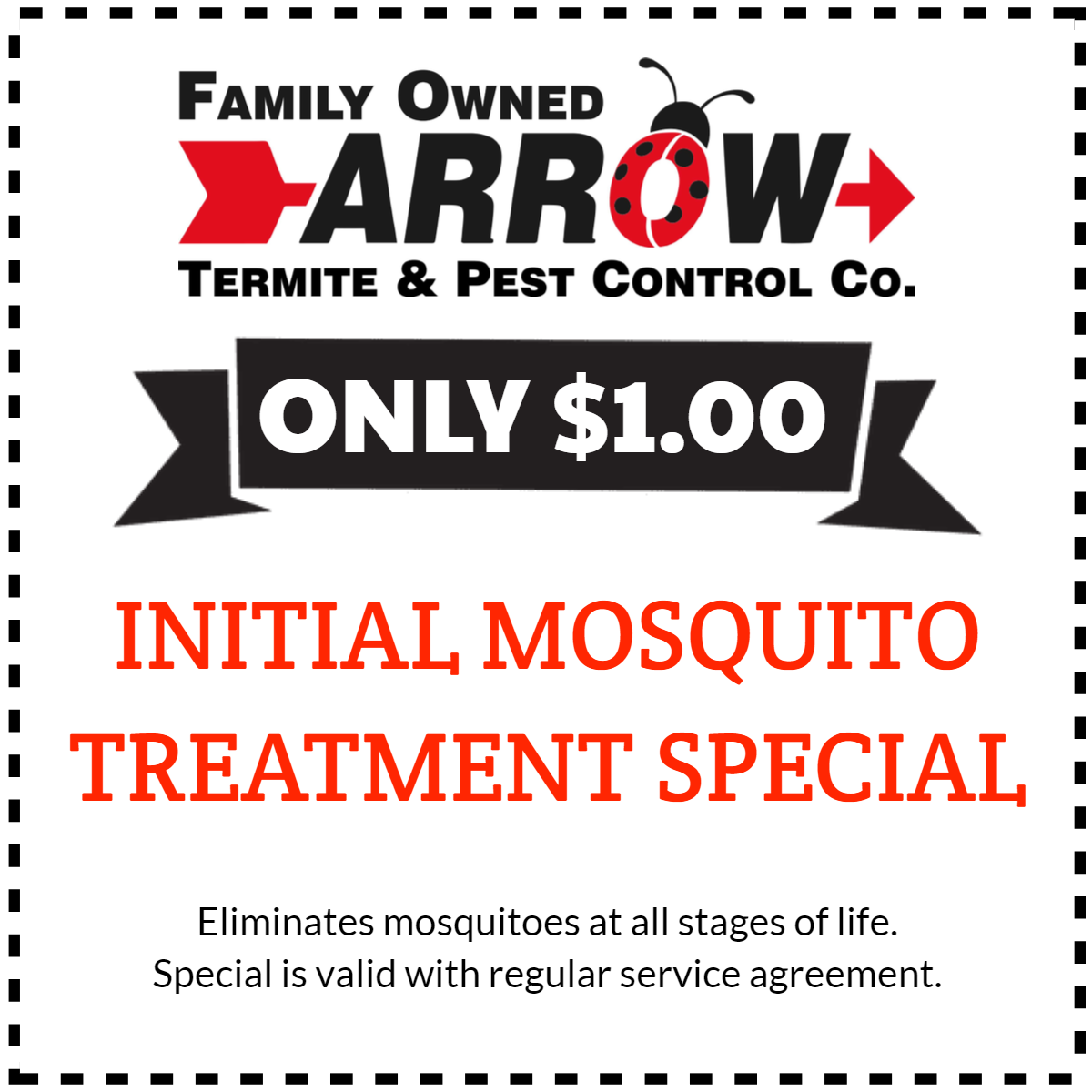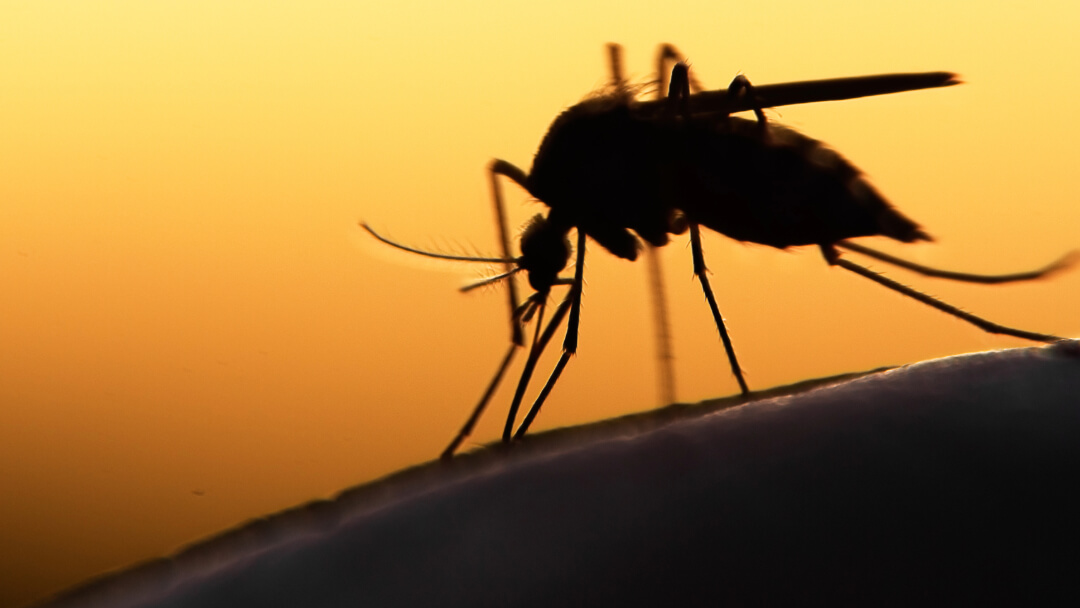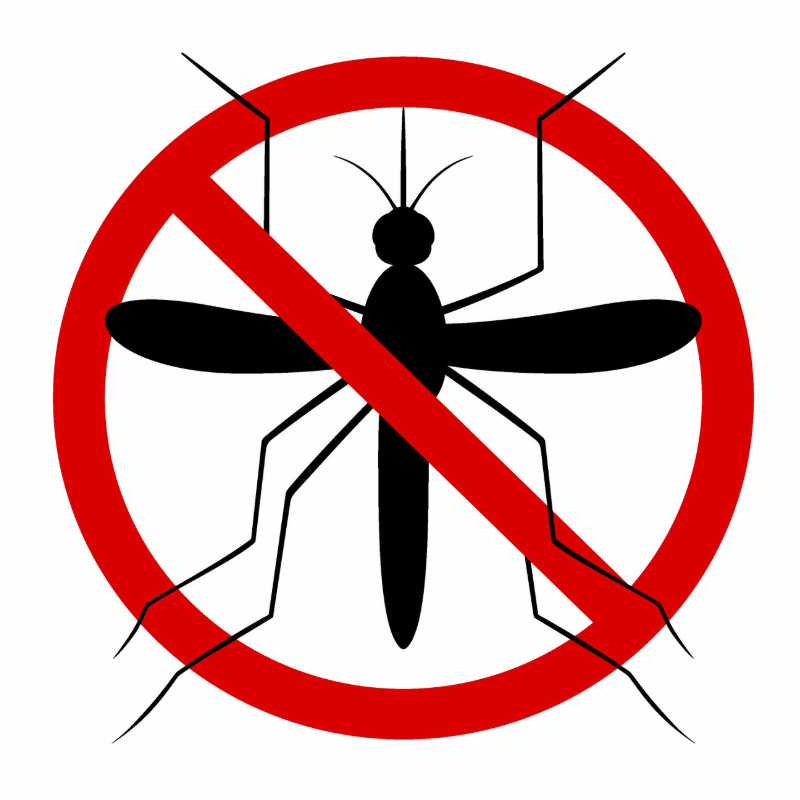Let’s dive into the fascinating world of these pesky insects and uncover the secrets of the mosquitoes lifespan. By understanding the life cycle of mosquitoes, we gain valuable insights into their behavior and discover effective ways to manage their populations. Let’s see how long mosquitoes live, empowering us to enjoy outdoor activities without the nuisance of their irritating bites.
The Life Cycle Of Mosquitoes
Larval and Pupal Stages:
Once hatched, the mosquito embarks on its larval stage, a crucial phase of its life cycle. During this time, the larvae reside in wet environments, where they voraciously feed on microorganisms, fueling their growth. This stage typically spans 4 to 14 days, depending on environmental factors and the mosquito species. Following this period, the larva transforms into a pupa. In this stage, lasting from 2 to 4 days, the focus shifts from feeding to metamorphosis, as the mosquito prepares for its final transition into adulthood.
Adult Stage:
Factors Affecting Mosquito Lifespan
Access to Food:
In Louisiana, access to food significantly impacts mosquito lifespan. Female mosquitoes require blood meals for egg production, while males feed on nectar. The abundance of wildlife, human activity, and lush vegetation provides ample feeding opportunities, allowing mosquitoes to live and thrive.
Environmental Conditions:
The warm and humid climate in the southern regions, including states like Louisiana, creates an ideal environment for mosquitoes to thrive. High temperatures and ample rainfall provide perfect breeding grounds, leading to increased mosquito activity, especially during the summer months. This results in a higher risk of mosquito-borne diseases and a need for effective control measures.
However, extreme weather events, such as hurricanes and floods, can disrupt mosquito populations by washing away breeding sites. Seasonal variations also play a significant role, with mosquito activity peaking in the warmer months and declining as temperatures drop in the fall and winter. Understanding these patterns is crucial for implementing timely and effective mosquito control strategies.
Implications for Mosquito Control
Understanding Lifespan For Mosquitoes:
Regular termite inspections are crucial for early detection of infestations. Catching termites early can prevent extensive damage and save homeowners from spending thousands of dollars. Inspectors can identify signs of termites that homeowners might overlook, ensuring any issues are addressed promptly. This proactive approach is essential for reducing mosquito lifespans and their populations.
Integrated Mosquito Management
Arrows mosquito treatments provide effective protection against mosquitoes in your outdoor spaces. By combining methods like breeding site removal, insecticide application, and introducing natural predators, we effectively manage mosquito populations. Understanding their life cycle stages ensures timely interventions for maximum impact, guaranteeing a mosquito-free environment around your home.
Wrapping Up: The Life Cycle of Mosquitoes
Understanding the lifespan and life cycle of mosquitoes is key to controlling their populations and mitigating their impact on our lives. By employing informed strategies, we can reduce the nuisance of mosquito bites and the risk of mosquito-borne diseases, allowing us to enjoy our outdoor activities with peace of mind. Call Arrow and ask about our $1 sign-up offer!

Schedule Free Inspection
Arrow Termite and Pest Control serves Louisiana, Mississippi, and Texas with sister companies in Alabama and Florida. The company is still a family owned-business with the same core values as its origins. The Cohn family and Arrow Termite and Pest Control are active participants in several charitable organizations in the communities they service and believe in supporting those communities that have supported their business for so many years.


